
Question and Answers Forum
AllQuestion and Answers: Page 449
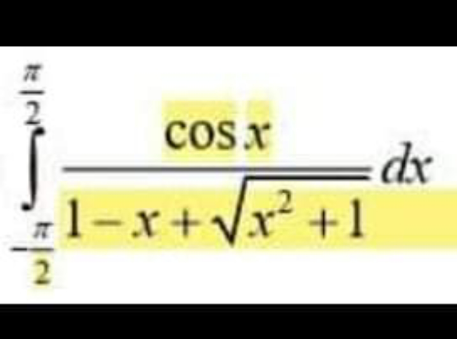

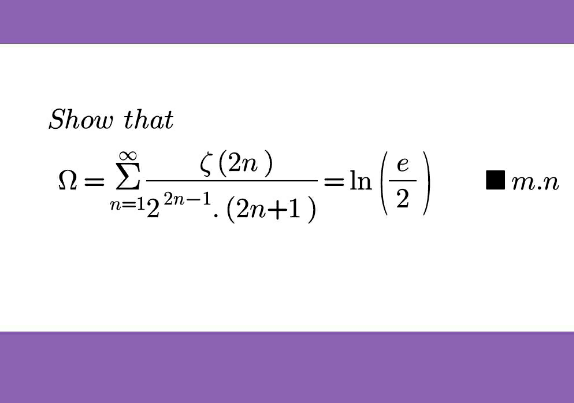
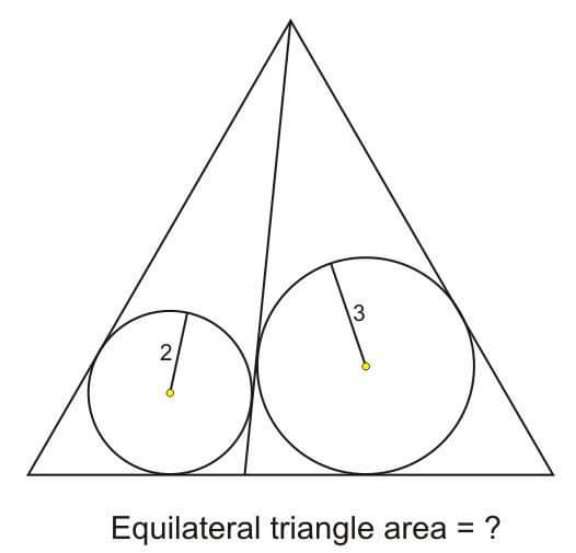
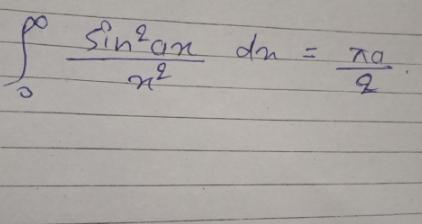


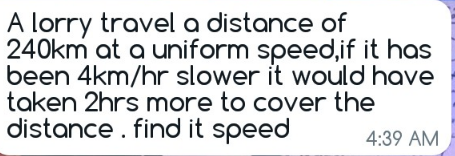
Pg 444 Pg 445 Pg 446 Pg 447 Pg 448 Pg 449 Pg 450 Pg 451 Pg 452 Pg 453
|
Question and Answers Forum |
AllQuestion and Answers: Page 449 |

|

|
| let U_n =∫_0 ^1 (x^n )(√(1−x^(2n+1) )))dx 1) find a equivalent of U_n (n∼∞) 2) study the comvergence of Σ U_n |

|

|
| ∫(1+x^2 )^3 dx=? |
| A point in rectangular coordinates (x,y,z) can be represented in spherical coordinates (r,θ,ϕ) by: x = r sin θ sin ϕ, y = sin θ sin ϕ, z = sin ϕ, 0 ≤ θ ≤ 2π , 0 ≤ ϕ ≤ π (a) Calculate the Jacobian of the transformation ((∂(x,y,z))/(∂(r,θ,ϕ))) (b) Calculate the volume of the region delimited by the sphere: S = {x,y,z ∈R^3 , x^2 +y^2 +z^2 ≤ R^2 , R>0} |

|
| (x/2)+4(√(x ))+6+3+1=x |
| 2yy′′−(y′)^2 −1= ((8y^2 )/(cos^2 x)) |

|
| ∫(((arcsin(x))^2 )/(1+x^2 ))dx=??? |
| Calculate∫(((arcsin(x))^2 )/(1+x^2 ))dx |
| calculate ∫_0 ^1 x(√(1−x^6 ))dx |
| prove that........ cos ((2Π)/7)+cos ((4Π)/7)+cos ((8Π)/7)=−(1/2) |
| ∫(5x+2)cos(2x)dx=? |
| ∫t^7 sin(t^7 )dt |
| Wath is your favourite formula ??? |
| ((log_3 (12))/(log_(36) (3)))−((log_3 (4))/(log_(108) (3))) = x x = |
| Prove that ((sin(((3π)/5)))/(sin(((4π)/5)))) = ((1+(√5))/2) |
| y = (√(x+(√(x+(√x))))) y′ = |

|
| Solve this integral : ∫(((√(x+1))−1)/( (√(x+1))+1)) |

|
| If the odds in favour of an event be (1/3).Find the probability of an occurrence of the event. |
| lim_(x→∞) ((n!)/n^n )=? |
Pg 444 Pg 445 Pg 446 Pg 447 Pg 448 Pg 449 Pg 450 Pg 451 Pg 452 Pg 453 |